To sustain trust in science, scientists must more clearly show the public -- and each other -- that they honor scientific norms, Kathleen Hall Jamieson and other scholars assert in an article in PNAS.
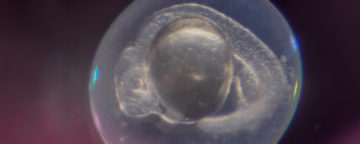

To sustain trust in science, scientists must more clearly show the public -- and each other -- that they honor scientific norms, Kathleen Hall Jamieson and other scholars assert in an article in PNAS.
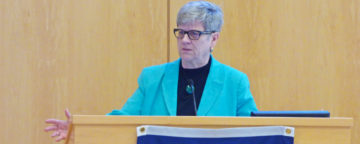
Kathleen Hall Jamieson addressed state and local policy makers on science communication and finding reliable research to help with issues like a measles outbreak and the opioid crisis.
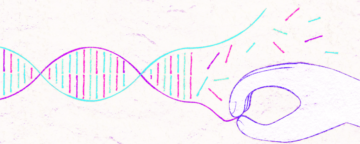
The Annenberg Public Policy Center has released two Science Media Monitor reports on how the media cover ethical questions on gene editing, and scientific retractions.
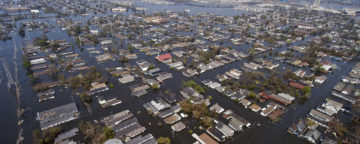
Experiencing extreme weather is not enough to convince climate change skeptics that humans are damaging the environment, according to a new study based on APPC research.
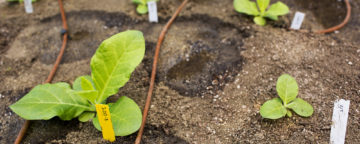
Public sentiment on GMOs shifted following the release of a consensus report by the National Academies of Sciences, Engineering, and Medicine, a study finds.
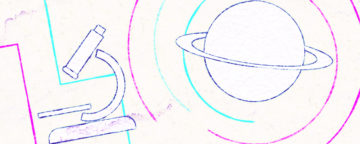
APPC has launched the Annenberg Science Media Monitor to analyze the content of news reporting on science. The first report focuses on coverage of scientific discovery.
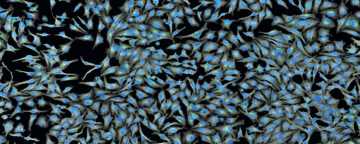
An analysis in PNAS of how the media cover science considers whether scientific self-correction is contributing to a flawed narrative and inadvertently undermining public trust in science.
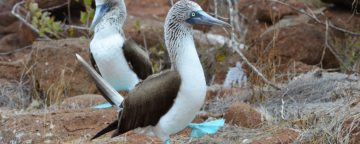
Research from two APPC distinguished research fellows shows that Americans' understanding of evolution - as well as their politics and/or religion - is tied to their acceptance or rejection of it.
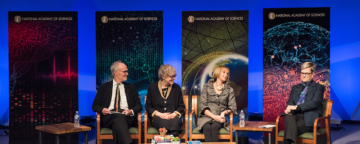
APPC Director Kathleen Hall Jamieson moderated a panel focusing on threats to science's reputation at the National Academy of Sciences Arthur M. Sackler Colloquium on the Science of Science Communication.